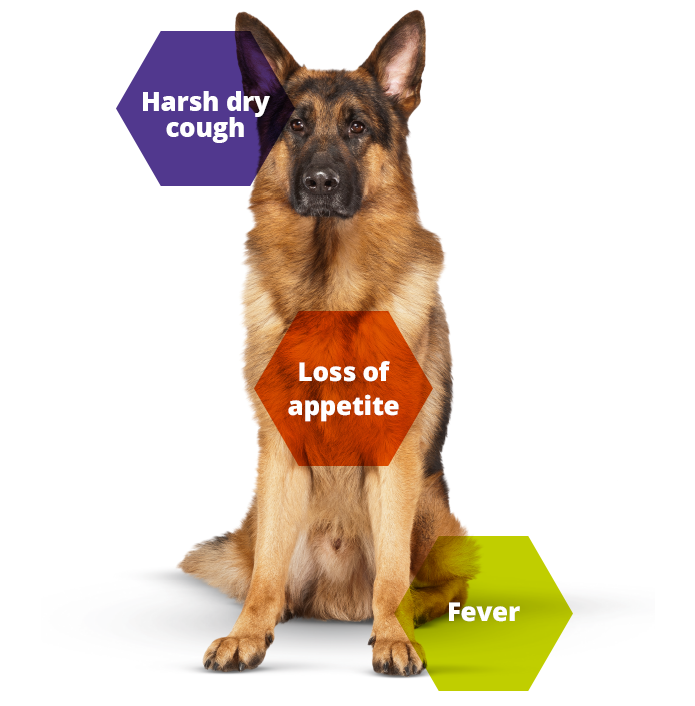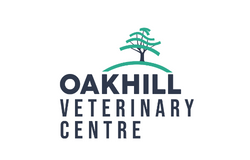Kennel Cough is a respiratory disease that’s highly contagious. You may also hear this disease be referred to as canine infectious tracheobronchitis.
The name ‘kennel’ cough can be misleading – in fact your dog doesn’t have to go in kennels to catch the disease.
Dogs can spread the disease through contaminated surfaces, shared food/water bowls, water droplets in the air, coughing and sneezing and direct contact with another dog.
Some owners choose to vaccinate their dogs against Kennel Cough even if they don’t go into kennels, as all dogs are at risk of contracting the disease.
What is kennel cough?
Kennel cough is caused by several infectious agents, which irritate the trachea (windpipe) and cause a nasty cough. Kennel cough is very contagious as is spread in the air, from infected dogs or the environment (where the kennel cough germs can be contained within water droplets). Spread is more likely when multiple dogs gather in the same air space, such as kennels or shows.
What are the symptoms?
Symptoms develop in 3-14 days and include:
 [checklist icon=”fa-paw” iconcolor=”#39aa87″ circle=”yes”]
[checklist icon=”fa-paw” iconcolor=”#39aa87″ circle=”yes”]
- A forceful cough that has a honking sound to it.
- Loss of appetite.
- Runny nose.
- Sneezing/snorting
- Retching/gagging
- Fever – although this is rare.
- Lethargy (seeming tired)
[/checklist]
In most cases the dog will only have a cough and recover within a few weeks. However, in very young, old or immuno-compromised animals it can be more serious, and in rare cases can cause secondary pneumonia.
Infection can be spread for up to 2-4 weeks after the symptoms have resolved so we advise to keep them separated from other dogs during this time.
What is the treatment?
- Non steroidal anti-inflammatories can be prescribed to reduce fever and inflammation
- Antibiotics are only needed in occasional severe cases.
- Other treatments are sometimes used, such as medicines to reduce the mucus production, or even honey licked off a spoon to soothe the cough.
How can you prevent kennel cough?
Kennel cough vaccinations are available as an intranasal (into the nose) or oral (into the mouth) vaccination. The nasal vaccination can be given at the same time as your dogs yearly booster. The oral vaccine needs to be given on its own 2-4 weeks before your dog can attend.
Most reputable kennels or day care centres will request the kennel cough vaccination. The oral vaccine needs to be given on its own.
No vaccine is 100% although a vaccinated dog is less likely to catch kennel cough, and if they do are likely to have milder symptoms and a quicker recovery than an unvaccinated dog. As a live vaccine, the Kennel Cough vaccine can cause a mild cough for a few days after vaccination.
